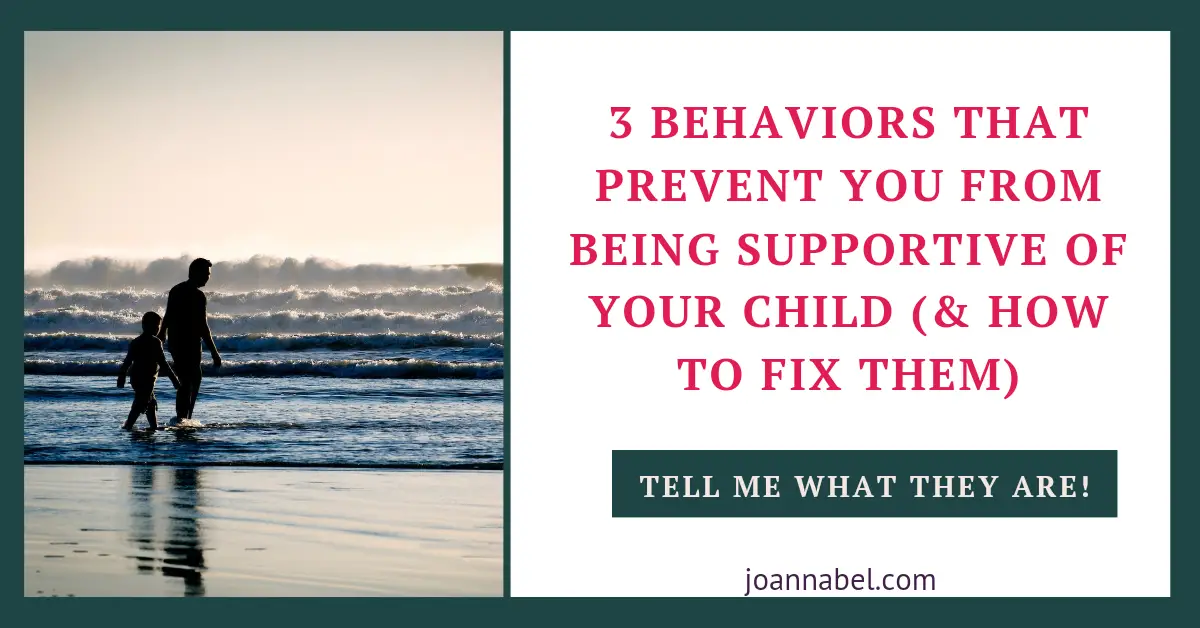One of the most essential lessons a parent or guardian can teach their children is how to properly manage money. This is a key factor in helping them develop a solid financial foundation – and the earlier they start learning, the better. Teach your child the fundamentals of credit and responsible spending with these approachable tips.

Helpful Tips For Teaching Your Child About Credit
Start now to ensure a brighter financial future later.
This post has affiliate links which means that we make a commission from qualifying purchases at no additional cost to you. For more information read our Affiliate disclosure.
Note: Although I am a Clinical Social Worker, engaging with this website does not establish a professional social worker-client relationship. The information provided here is for general purposes only and should not be considered professional advice. While we strive to ensure accuracy and reliability, this content is not a substitute for professional guidance. For specific concerns, issues, or situations, it is essential to consult a qualified professional and present your situation. Read the full Disclaimer here.
Teaching Your Child About Credit

According to research, money habits can begin to form as early as the age of seven. This suggests that parents should start introducing healthy money practices in early childhood.
Remember that if you aim to raise an independent child, your child needs to learn how the handle the money. If you want more details on how to ensure balanced independence for your child, read my post How To Raise An Independent Child -9 Principles To Follow.
(If you’re, on the other hand, unsure about the child’s need for independence, check out my post that explores why it’s important for a child to be more independent: 10 Reasons Why It’s Important For A Child To Be Independent.)
Of course, instilling good money habits suggests starting with the basics and going step by step.
For example, teaching kids how to count using coins or showing them the receipt after a trip to the grocery store can start to instill the value of the dollar (or whichever currency it may be). Simple approaches like these will help you begin the discussion of what money is and how it works.
This ties into everything and more importantly ties into teaching children about credit. By starting early and covering the basics, you’ll set them up for a lifetime of smart financial decisions. After all, understanding and using credit responsibly is an essential skill for navigating adulthood.
Whether your child is in middle school or heading off to college, here are some helpful tips for teaching your child about credit that will help them build a good relationship with money.
GOOD READS
- The Big Leap: Conquer Your Hidden Fear and Take Life to the Next Level
- The Gifts of Imperfection: Let Go of Who You Think You’re Supposed to Be and Embrace Who You Are
- Dr Shefali Tsabary Collection 3 Books Set (The Awakened Family, The Conscious Parent, A Radical Awakening)
- How Do I Feel?: A Mental Health Journal for Kids
- The Self-Love Workbook: A Life-Changing Guide to Boost Self-Esteem, Recognize Your Worth and Find Genuine Happiness (Self-Love Books)
- Self-Love Workbook for Women: Release Self-Doubt, Build Self-Compassion and Embrace Who You Are (Self-Help Workbooks for Women)
- How to Be Accountable Workbook: Take Responsibility to Change Your Behavior, Boundaries, & Relationships (5-Minute Therapy)
- Happiness Workbook: A CBT-Based Guide to Foster Positivity and Embrace Joy
- Unfuck Your Boundaries: Build Better Relationships Through Consent, Communication, and Expressing Your Needs (5-minute Therapy)
- No More Perfect Moms: Learn to Love Your Real Life
- More Than A Mom: Finding Purpose In the Everyday Monotony Without Losing Yourself Or Your Sanity
Lead by Example
One of the most powerful lessons you can teach your child is through your actions. Show them what responsible credit usage looks like by paying bills on time, managing debt wisely, and being open about the decisions you make with money.
For example, you might explain why you choose to pay more than the minimum on your card or how you prioritize saving for big purchases rather than using credit. These everyday demonstrations will leave a lasting impression and set a positive example for your child to follow.
Start With the Basics
Before jumping into the details, you need to start with the basics. Explain to your child what credit is and how it works in a way they can easily understand.
For example, you can describe credit as “borrowing money from a bank or lender that you agree to pay back later.” From there, introduce concepts like credit cards, interest rates, and repayment options.
You might also compare credit to borrowing $10 from a friend, with the promise of paying them back $12 next week. Relatable examples illustrate the idea of borrowing and paying interest, as well as the importance of being timely with repayments.
Teach Responsible Spending
Once they grasp the basics of credit, encourage your child to spend only what they can afford to repay. This builds an understanding of responsibility that will carry over into adulthood. Teaching them how to create and stick to a budget is key.
Exploring financial agency is also one of the great ways to teach your child how to be responsible for their actions. Instilling these habits early on will help them develop a mindset where they prioritize living within their means rather than relying on borrowed money.
Introduce the Concept of Credit Scores
It’s also beneficial to bring up the concept of credit scores. It’s important to teach them what a credit score is and why it’s important. You can explain how a credit score is like a grade for how well someone handles borrowed money.
Share examples of how credit scores influence major life decisions, like getting approved for a car loan, renting an apartment, or even securing specific jobs. Be sure to mention what factors impact credit scores, including payment history, credit utilization, and how long they’ve managed credit responsibly.
Latest Posts:
- Gifts for Your Teenager That They’ll Actually Enjoy

- 6 Reasons Your Teenagers Seem Distant and Distracted

- Special Gifts to Let Someone Know You’re Thinking of Them (13)

- 100 Ways to Challenge Yourself (Without Stretching Yourself Too Thin)

- What To Do When Your Parent Struggles With Alcohol

- How To Navigate Moving to a New Home With Your Kids

Give Your Child the Gift of Financial Confidence
Teaching your child about good credit habits doesn’t have to be overwhelming. By starting with the basics, practicing responsible habits, and leading by example, you’re equipping them with valuable skills that will last a lifetime. Whether it’s a casual conversation during dinner or setting them up with their first prepaid card, these small actions will pave the way for a more secure financial future.
If you found this helpful, continue reading: How To Be A Responsive Parent (Nurture Your Child’s Confidence and Emotional Stability).









Leave a Reply